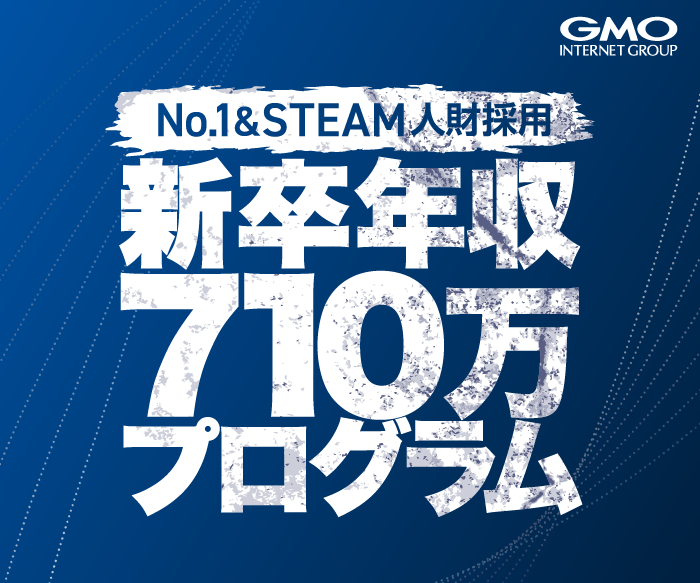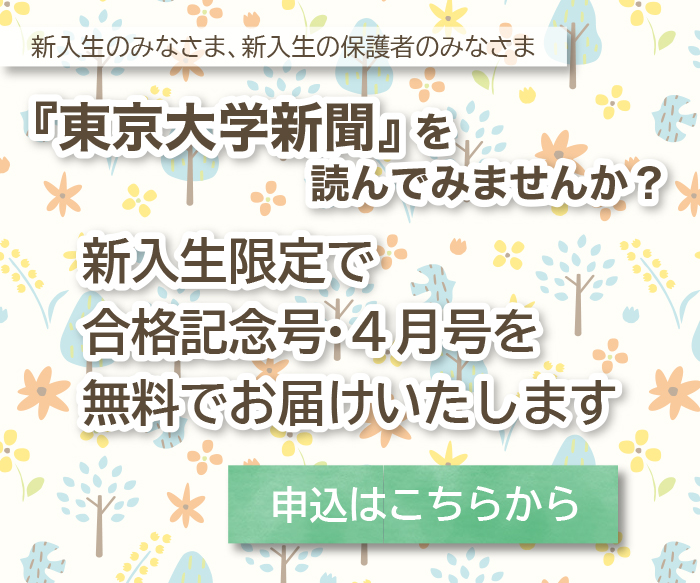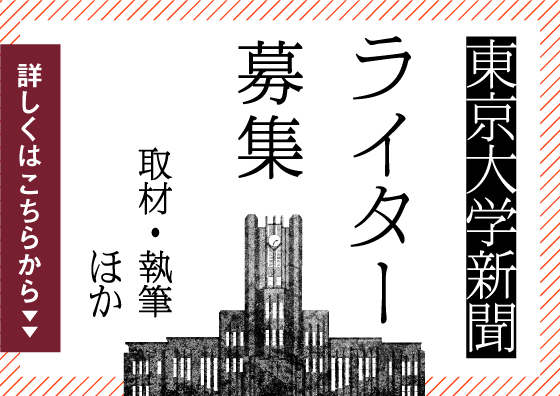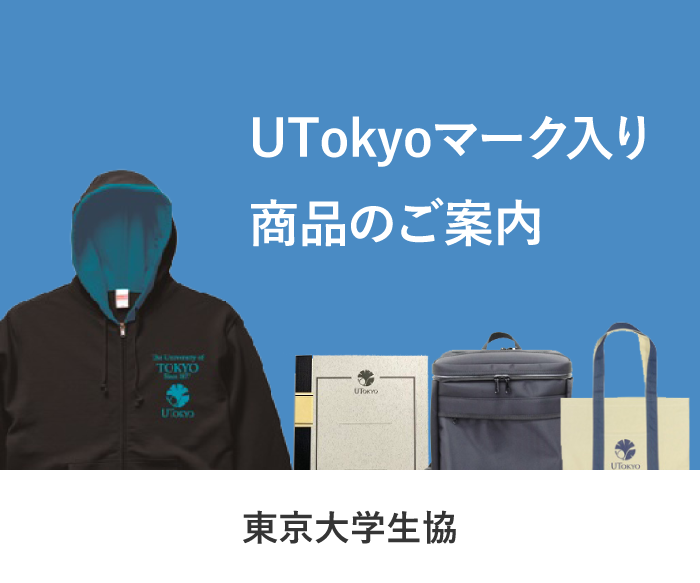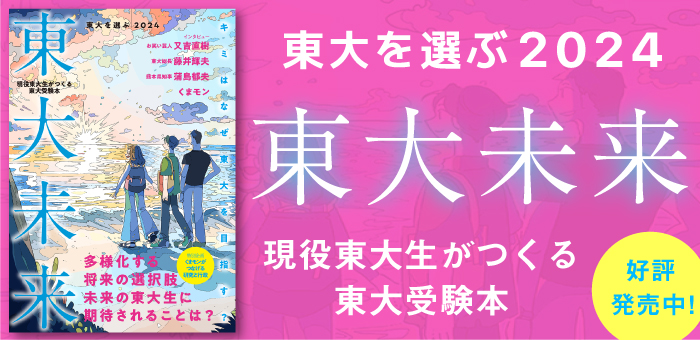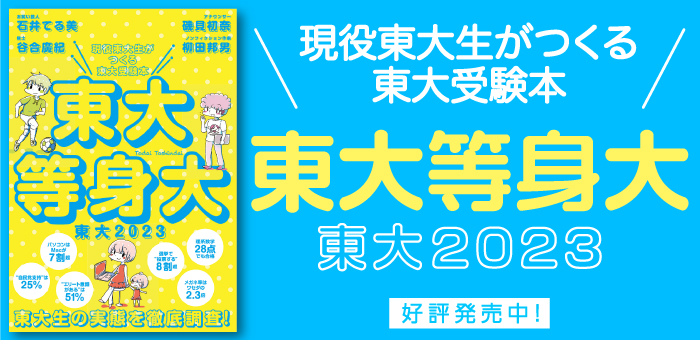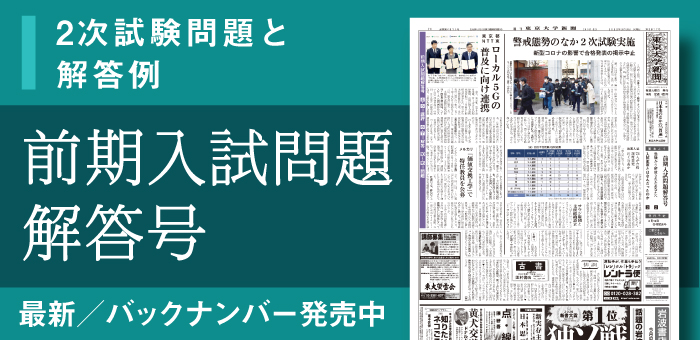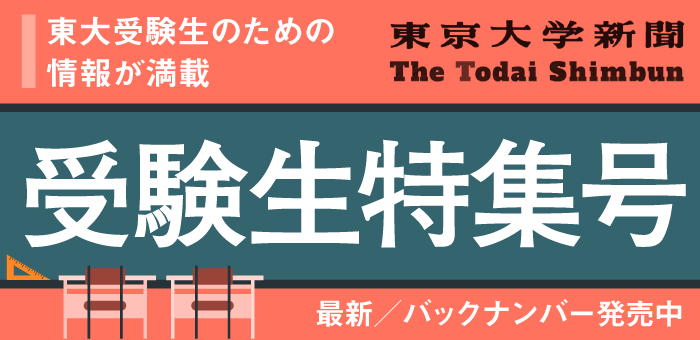Kathy Matsui, who joined Goldman Sachs in 1994, was named the first female partner in the Japan Office in 2000, and has been ranked No.1 in Japan Equity Strategy by Institutional Investor magazine, is now Vice Chairman of Goldman Sachs. You may think her job is only in the securities industry, but in fact she has another role in the educational field. For more than 10 years, she has been influential in the creation of a new university, the Asian University for Women.
(日本語版はこちらです)
Asian University for Women (AUW) was born in a bay city, Chittagong of Bangladesh. Ms. Matsui is on the Board of Directors of the Foundation of this university, which prioritizes girls who are the first in their family to attend university. She and her husband, Jesper Koll have donated and supported this university for many years.
In her TED talk in Tokyo, she started with the question “Why Womenomics?” and stated that the shrinking of the gender gap in Japan is boosting GDP level by about 15%. Thus, in this interview, I began with, “Why AUW?” The following contains the reasons for her “investment” in AUW.
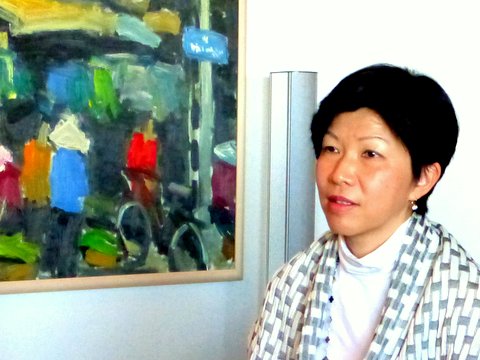
Kathy Matsui at the AUW committee meeting in 2016
—Why did you start to help create AUW?
One e-mail was the beginning of everything. Kamal Ahmad, who is a fellow Harvard graduate sent me an email to share his idea.
“If women`s high education develops, I think, different problems in the world can be solved sustainably, so I want to build a liberal arts university which does not exist in Asia, serving different nations, backgrounds, religions, and languages.”
Kamal told me his dream, and asked me for help building the university. At that time, I was doing a research project about empowerment of women, and studying Womenomics, so I was mainly analyzing developed countries, but at the same time, I visited developing countries like India, or China. There, I could not help wondering why am I living one way, and these people here live so differently. And the answer came upon me was that it is just depends on just our luck.
Ultimately, the only way to save the people who are in the vicious circle and suffer from poverty is education, I thought. But I did not have any idea about the implement of education for the people there. Kamal`s email came in just the time.
To be honest, I was really busy and I had children so I had no time, but I replied that I would help as far as I could. First I started up a small committee, composed of people who share Kamal`s vision in Japan.
—You emphasized the importance of education, but some people, including the parents of AUW students insist that “Workplace first, rather than school”. At what point do you think the meaning of education exists?
Of course to secure employment is important. But the workplace doesn`t appear suddenly. Different actions are taken, and affect each other. I am saying that education, especially for females is as important as one of the different elements.
—So, why education for “women”? It can be a reverse discrimination for men.
When you think about the developing countries, the investment in female education has a considerable ripple effect on the society. Think what would happen if the same price was invested in both sexes; females can yield much better returns than men. This is true in most countries. That’s the effect of women’s education.
“Educated women have their children educated because they themselves have understood their value” “Educated women become able to protect their health and learn about family planning, and they know business, so they have the opportunity which they hadn`t ever had before.” These effects come from women’s education, and are supported by evidence in studies.
Especially in countries where there is too much population for the resources they have, the higher the education level goes up, the lower the birth rate becomes. Therefore, it can be said that education for women is important as it has a positive impact for next generation.
What we are doing is far from a perfect solution in itself, but I think it is an essential base of the society. Higher education levels makes it possible for more people to get their skills to live independently, and to work and get income. More income leads to more expenses, and more profit for companies. A positive economic cycle can be created. Then, this automatically leads to sustainable development, stable order, and healthcare in our society.
—I understood what you see in AUW generally. You explained the meaning for our society, but then is there any special meaning for YOU? Let me hear your personal motivation.
Maybe, I am following the teacher of my life. That is, I happened to come to the purpose like my parents, who were born in the suburbs of a Japanese City and came to America, only graduated from high school, and run a farm. They raised my three siblings and me.
My father started life in America with nothing, but had a dream that his children should live a better life than him. Therefore he instilled in us the value and importance of education and learning and wished us to have a chance for success. It was a typical dream of the immigrants at that time.
All my siblings, including me, could luckily enter Harvard University, although my father never told us to go to a “distinguished” school, but it is certain that he wanted to give us a good education. Now I live a better life, so his dream came true in his next generation. Although only one element for success, education greatly contributes to it. Therefore, I think my father`s values greatly affected me, and drove me to support AUW today.
—-You mean you think that education is necessary for one`s independence, better life, and realization of one`s dream?
Yes, and if I could point out what is special about AUW compared to a lot of different educational institutions, it would be the capacity to accept different nations, religions, economic disparities, and languages. AUW could be a platform to connect individuals rather than nations, and AUW embodies this spirit in many ways. For example, in the dormitory of AUW, Muslim, Catholic, and Buddhist students share a room.
Now there are no Japanese students but in the long run, I want to cultivate the communication between AUW and Japan, so I bring AUW students to Japan to let them know Japan. So I think that it is valuable for Japanese students and society just to know AUW.
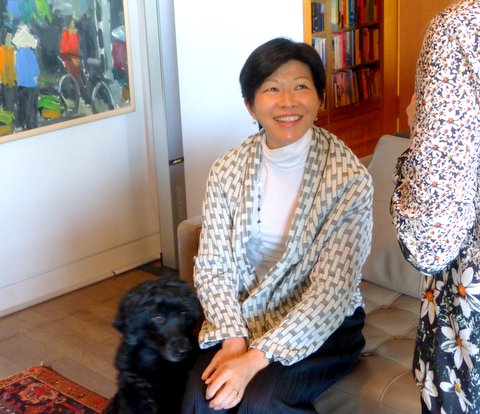
Kathy Matsui at the AUW committee meeting in 2016
What I am doing is a little thing, but I still want the many students who face difficulty attending university for economic reasons to have the alternative option to go to AUW.
—Thank you, Kathy.
As Ms. Matsui mentioned in the interview, AUW started from an idea of one man, and the cooperation of the people who shared his message. Since Kamal Ahmad dreamed creating a new university in 2000, it is now reported that over 380 students have graduated with support of many individuals and companies including Japanese companies like HITACHI, MITSUI & CO., TOSHIBA CORPORATION, and UNIQLO. AUW is going to hold its seventh event in Japan March 22nd, and 23rd in Tokyo.
By Ritsuko Kitahara March 10, 2016

